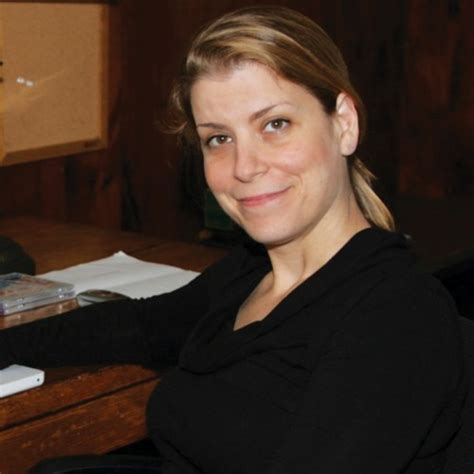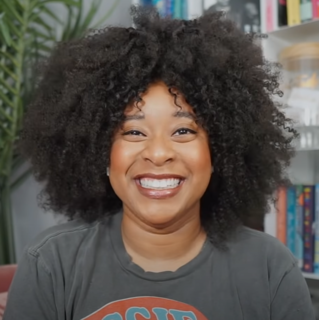A Quote by Katy Lederer
I remember when I was writing my memoir and I was worried about what other people would think when they read it, and my mother, who can be this incredibly wise person, said that it really didn't matter because strangers who read it would never meet me anyway, and people I knew were aware of my secrets.
Related Quotes
One of the things I do take some pride in is that if you had never read an article about my life, if you knew nothing about me, except that my books were being set in front of you to read, and if you were to read those books in sequence, I don't think you would say to yourself, 'Oh my God, something terrible happened to this writer in 1989.'
If I were just to read briefing books or I were just to engage in the political back and forth, would I have heard what a big problem mental health is in New Hampshire? Would I have heard people say they're really worried about the impact on young people because New Hampshire has the highest tuition and debt problems in the country? i'm not sure I would have.
Reading has always brought me pure joy. I read to encounter new worlds and new ways of looking at the world. I read to enlarge my horizons, to gain wisdom, to experience beauty, to understand myself better, and for the pure wonderment of it all. I read and marvel over how writers use language in ways I never thought of. I read for company, and for escape. Because I am incurably interested in the lives of other people, both friends and strangers, I read to meet myriad folks and enter their lives- for me, a way of vanquishing the “otherness” we all experience.
I think, when I started to become successful in the movie business, my mother was very, very worried. She thought no one would want to marry me and she thought that was the most important thing. And she thought that it would affect my personal relations. And she said how worried she was that people would take advantage of me or I would meet the wrong people. When I was made head of the studio, one of her first things was, "Well, now no one will marry you. I hope you'll be happy, whatever."
When I was a kid they didn't call it dyslexia. They called it you know, you were slow, or you were retarded, or whatever. What you can never change is the effect that the words 'dumb' and 'stupid' have on young people. I knew I wasn't stupid, and I knew I wasn't dumb. My mother told me that. If you read to me, I could tell you everything that you read. They didn't know what it was. They knew I wasn't lazy, but what was it?
We feel an affinity with a certain thinker because we agree with him; or because he shows us what we were already thinking; or because he shows us in a more articulate form what we were already thinking; or because he shows us what we were on the point of thinking; or what we would sooner or later have thought; or what we would have thought much later if we hadn’t read it now; or what we would have been likely to think but never would have thought if we hadn’t read it now; or what we would have liked to think but never would have thought if we hadn’t read it now.
I would like permission to fetch a note from my mother, sir' Ridcully sighed. 'Rincewind, you once informed me, to my everlasting puzzlement, that you never knew your mother because she ran away before you were born. Distinctly remember writing it down in my diary. Would you like another try?' 'Permission to go and find my mother?'
There are videos where I would go approaching strangers and sing the songs from 'The Lion King. I would have been about four years, and I came running up to people on the beach, strangers that I chose at random and began to sing, and my family never knew where I was, they were always looking for me, trying to imagine who I was harassing this time .
When you publish a book, you do so in part to end the silence. All censorship is silence. I would never, as an author, feel right requiring a young person whose family would object to the book to read it. Just as I would never force that person to read it, I would ask those folks to not force others not to read it. To me, that is just good manners.







































